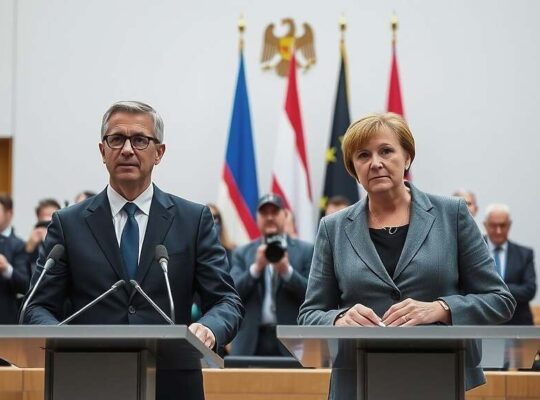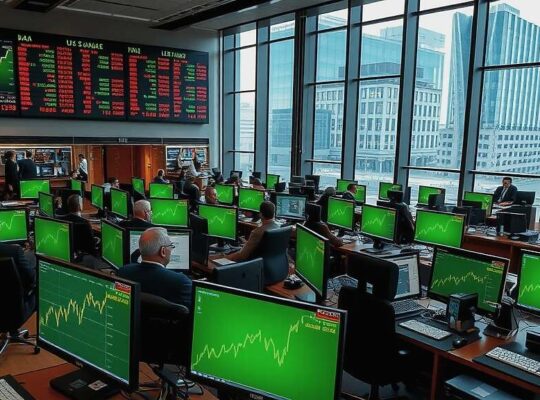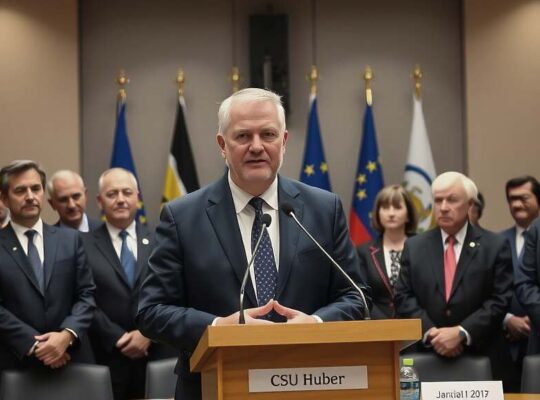A recent study by the Institute of German Economy (IW) reveals a notable correlation between areas facing significant economic restructuring and increased support for the Alternative for Germany (AfD) party. The research identifies 117 districts and cities across Germany experiencing profound industrial transformations, with 91 located in western Germany and 26 in the eastern regions.
The study demonstrates that in these “transformation regions” the AfD garnered 3.7 percentage points more votes in the 2025 federal election compared to areas not undergoing similar shifts. A similar trend was observed in 2021, when the party achieved a 2.2 percentage point advantage in these regions.
Sonneberg, Thuringia, exemplifies the stark nature of this phenomenon. In the relevant electoral district, AfD support via the second vote rose from 26.4% in 2021 to a substantial 43.1% in 2025.
The IW study suggests that residents in regions historically reliant on robust industrial activity are increasingly concerned about the potential loss of prosperity and employment as these industries evolve. Hanno Kempermann, the study’s author, emphasized that the combination of industrial transformation and inadequate infrastructure poses a particularly acute challenge. He stressed the importance of targeted support measures, particularly those stimulating investments in economically disadvantaged regions to mitigate the impact of these changes.












